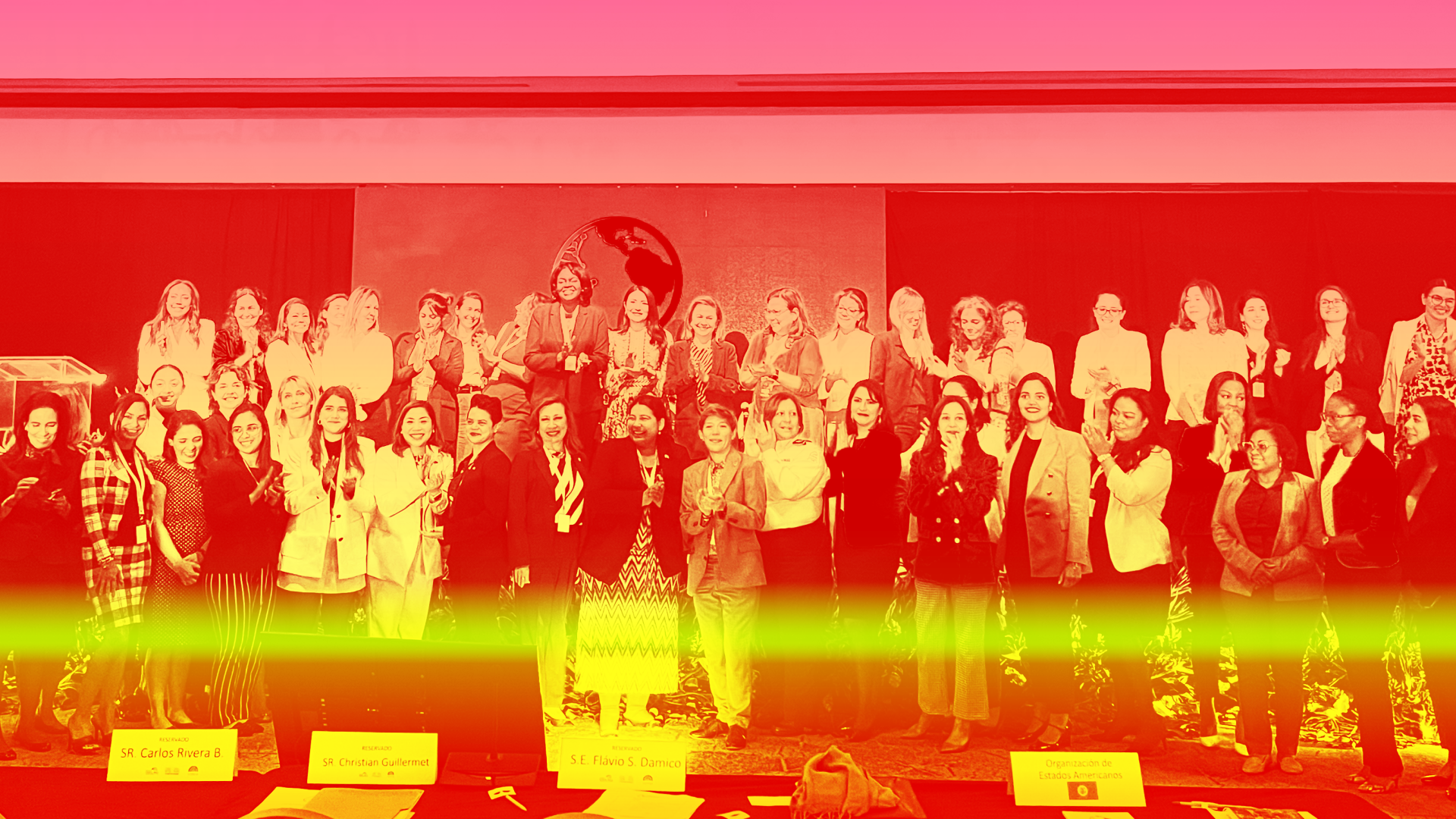
Significant act of political leadership as 33 Latin American and Caribbean States deliver Communiqué on AWS
The Communiqué calling for a legally binding instrument is an historic milestone, significantly building momentum to the international effort to establish a new treaty on Autonomous Weapons Systems.
On 24 February 2023, 33 states from Latin American and the Caribbean issued an historic Communiqué from the region calling for “the urgent negotiation of an international legally binding instrument on autonomy in weapons systems.” After a series of diplomatic consultations in New York and Geneva, the Communiqué was agreed following a two-day regional conference on the social and humanitarian impacts of Autonomous Weapons Systems hosted by the Costa Rican government in San José, and attended by governmental experts from the region, the ICRC, UN agencies, academics, and civil society.
The Communiqué is the first regional statement on Autonomous Weapons Systems to be established outside of UN fora, demonstrating commitment among Latin American and Caribbean states to urgently launch negotiations on an international legally binding instrument. The text also recognises the need to maintain meaningful human control over the use of force and commits to establishing a combination of both prohibitions and regulations over the development and use of Autonomous Weapons Systems.
In addition to 33 States from the region joining the Communiqué, an additional 13 States attended as observers to the conference, including Austria, Belgium, France, Germany, Ireland, Japan, New Zealand, Nigeria, Netherlands, Philippines, Russia, Switzerland, and USA. The international participation at the conference reflected a widespread interest in the conference and its outcome from diverse States all around the world.
Experts in international law, technology, and artificial intelligence were also present and delivered statements at the conference. Amongst them were Neil Davison, Senior Scientific and Policy Advisor at the ICRC, and Bonnie Docherty, Lecturer in Law at Harvard University, making clear that new international legally binding rules are fundamental to safeguarding against threats posed to principles of international law. Dr. Maria Vanina Martinez, Institute of Computer Science, Argentina, Prof. Stuart Russell, UC Berkeley, and Prof. Toby Walsh, UNSW AI Institute, each set out the serious technological challenges and associated security and humanitarian risks, including recognition that Autonomous Weapons Systems can be systems of mass destruction.
After 10 years of UN discussions, Latin American and Caribbean states have demonstrated genuine political leadership in showing a way forward. The Communiqué calling for a legally binding instrument is a historic milestone, significantly building momentum to the international effort to establish a new treaty on Autonomous Weapons Systems.
While discussions at the Convention on Conventional Weapons (CCW), remain deadlocked, States must now make progress in a forum that is open and accessible to all, driven by a common purpose to establish new legal rules to safeguard our rights and dignity and to promote a more peaceful world for our generations and those to come. Stop Killer Robots urges States to initiate and engage with all forums capable of delivering this outcome.
—
Further details on the conference, including details of participants, program, and copies of the Communiqué in English and Spanish can be found on the conference website here, and on the Ministry of Multilateral Affairs website here.


